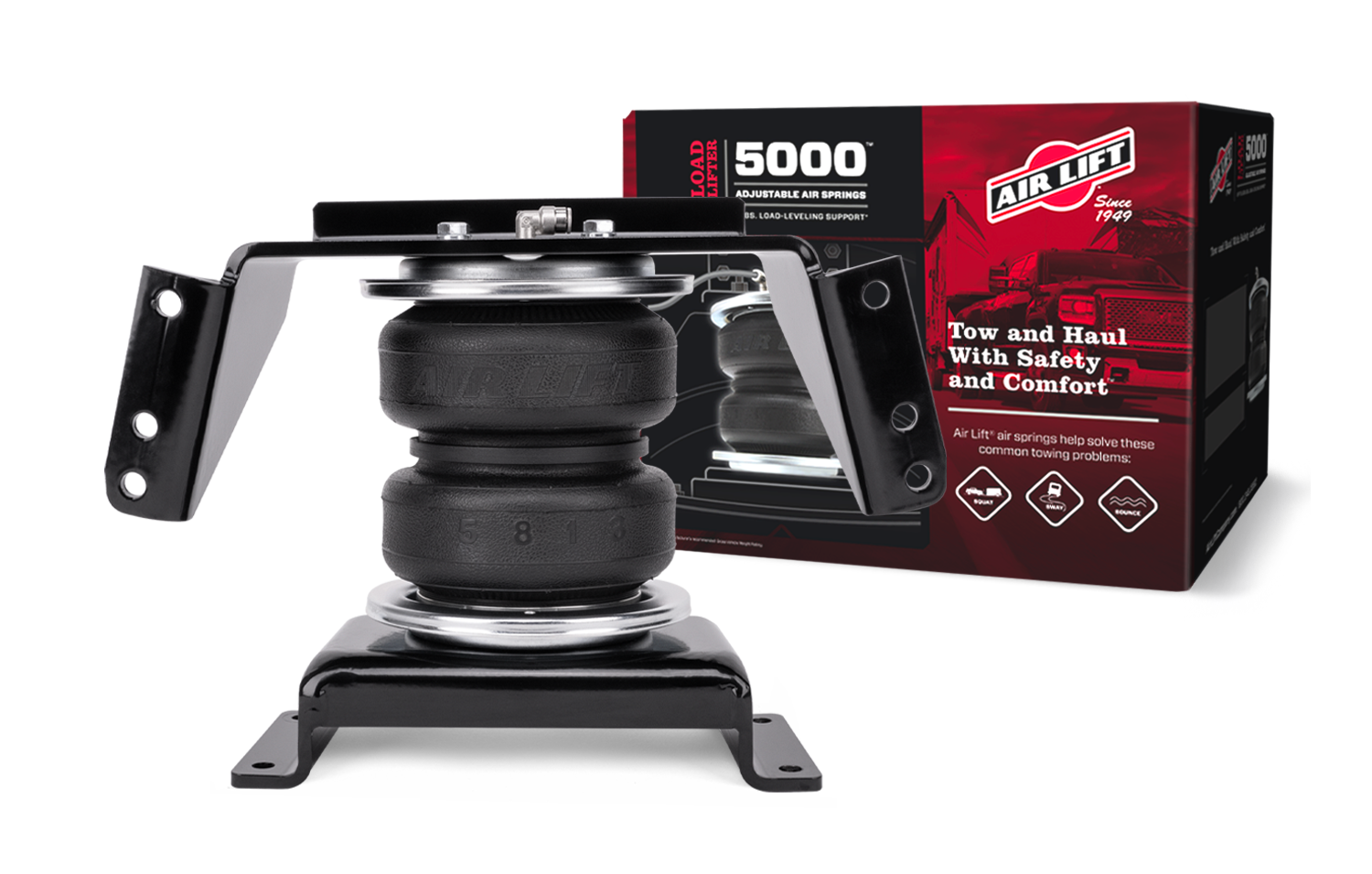
When debating if you should sell the assets of your business compared to bringing a new buyer to buy shares in the existing company, there’s one clear answer for accountant business advisor Hunt Demarest: Do an asset sale.
“For every 500 asset sales we see, we see one stock sale. Really, we never ever, ever see stock sales,” he said at this year’s Midwest Auto Care Alliance’s Vision Hi-Tech Training & Expo in Kansas City.
In a stock sale, the buyer acquires the selling company’s stocks, thereby taking over ownership of the company, including all its assets and liabilities. This means the buyer assumes all obligations, including debts and legal risks associated with the company.
On the other hand, in an asset sale, the buyer purchases individual assets and liabilities of the company, such as equipment, inventory and property, without buying the company’s stock or assuming its legal entity. This allows the buyer to select specific assets and liabilities they wish to acquire, potentially avoiding unwanted obligations.
So the buyer of an auto repair shop will purchase the shop’s equipment, inventory and goodwill and set up their own legal entity. They don’t get the shop’s cash, debt or liabilities.
“Even though from a customer standpoint it’s going look like the same exact business, there is a clear line: This is my corporation; this was his corporation,” Demarest said during the session Transitioning Your Business.
There are two big reasons: Taxation and liability. The taxation end has to do with write-offs and is different than buying stocks of, say, Apple. Most people are buying an auto shop and holding it for many years, even many decades. So any taxation benefits won’t be seen until further down the road. Whereas, if you have Apple stock, you can sell at any time in case of financial need or desire and recoup those benefits.
As far as liability of concerned, if you take over the existing legal entity, you are liable for anything that company has done in the past. Say the taxman comes calling — you as the owner of that entity are responsible, not the previous owner who is no longer involved in the business.
Or if the shop made a mistake on a customer’s vehicle and sues the shop, you as the new owner would be responsible. Demarest noted that comebacks and warranties aren’t technically your responsibility if you’ve set up a separate company, even if you keep the business’ name.
“But it’s going to be probably a bad introduction to the community,” he advised if you turn away such claims.
“You get into those weird areas where it’s like, legally, I don’t have to cover this. But hey … pro bono replacing this water pump is probably better than my first introduction in that community is, ‘Hey, this guy came in and doesn’t stand behind his work.”
Image credit: Depositphotos.com












Leave a Reply